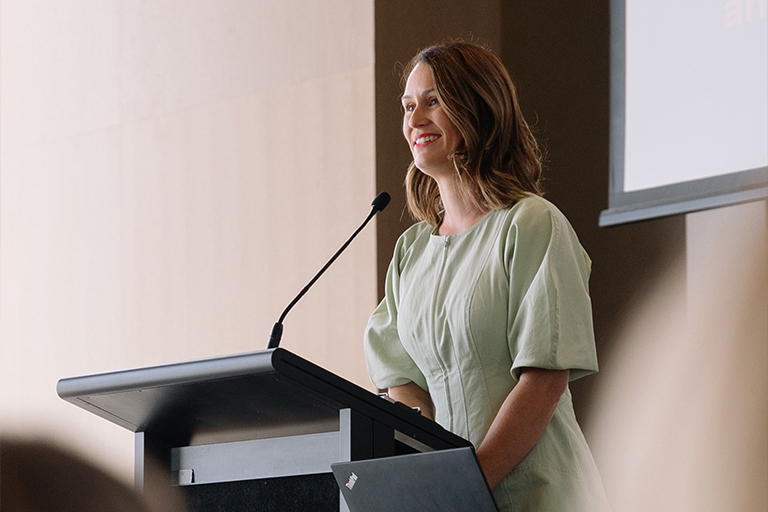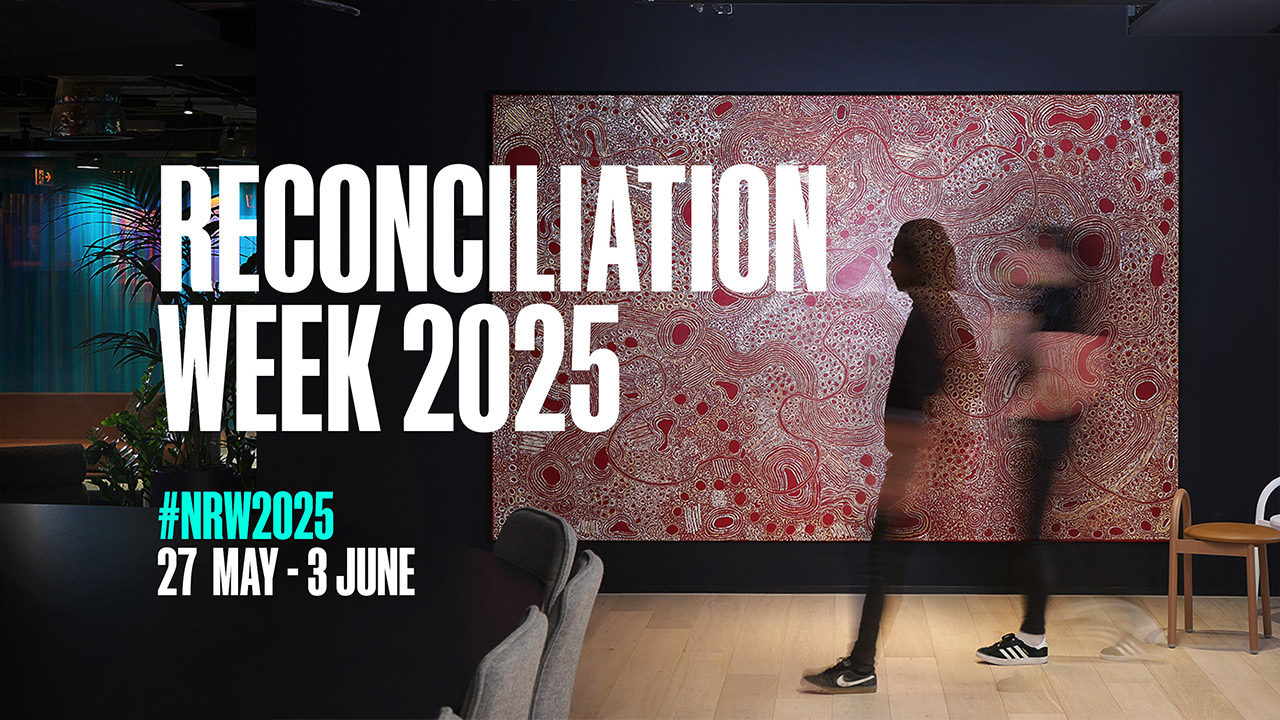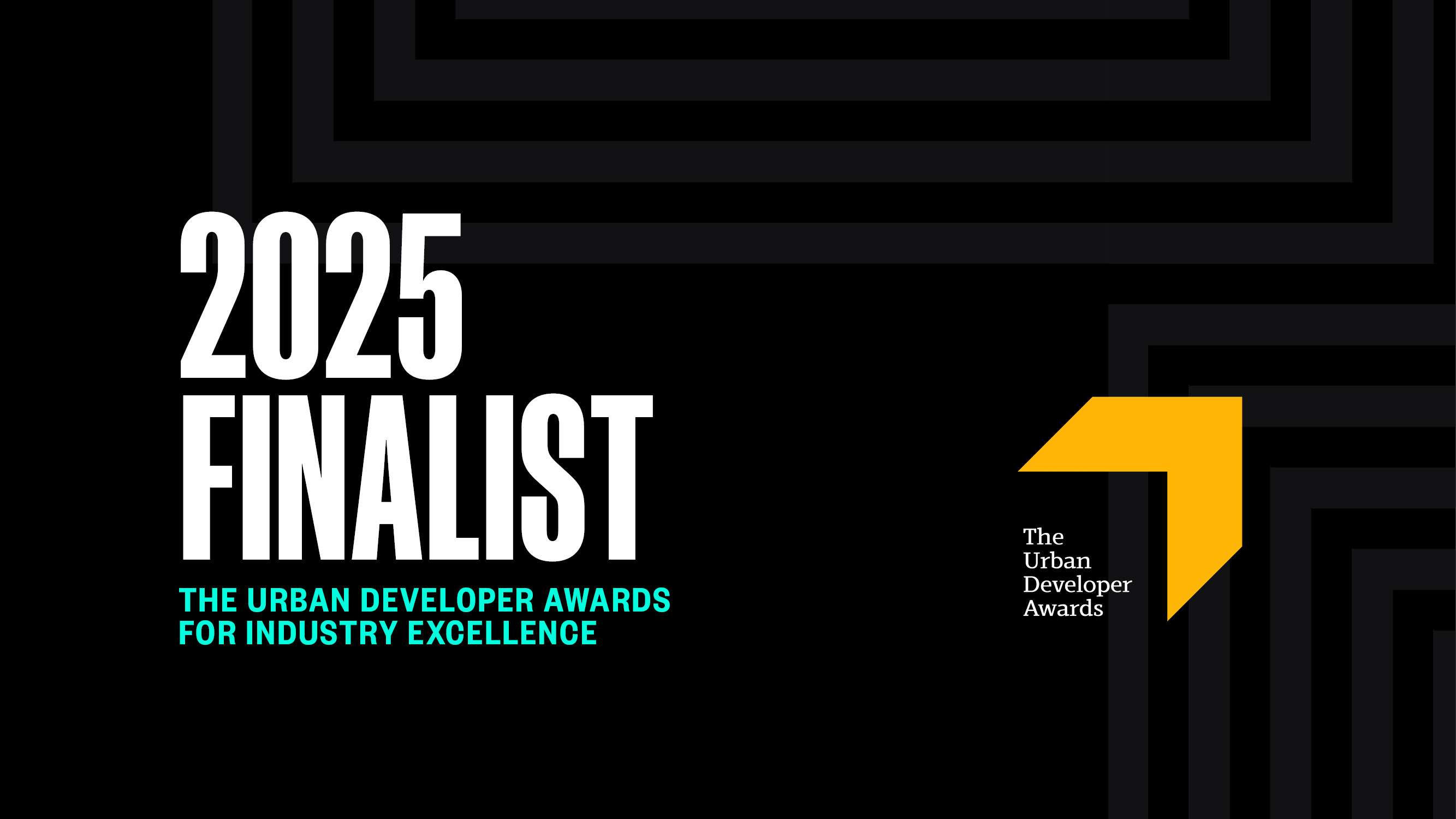
Share this story
Amanda Clements, Head of HSQ & ESG, spoke at a world first global work design conference in Perth, hosted by the Centre for Transformative Work Design.
The conference aimed to promote healthy and productive work by bringing together global leaders, practitioners, academics, and government bodies such as SafeWork regulators.
Topics discussed included practical work redesign, psychosocial risks, work design for AI and technology, and job crafting. Amanda led a session to enhance shared understanding, role clarity, and collaboration among leaders responsible for fostering good work design and mentally healthy workplaces.
“Take Health & Safety and People & Culture teams for example, so many practitioners are struggling with clarity over who does what especially since the introduction of the Respect@Work and Psychological Health regulations.” Amanda's observations were backed up data presented by the University of Queensland which showed 73% of OHS professionals feel a reduced sense of role efficacy when it comes to their ability to effectively address psychological health & safety in the workplace (in part due to the limited role clarity with HR).
To gain a greater appreciation and shared understanding among conference attendees, during Amanda's presentation each person had the opportunity to share a personal and unique story that highlighted what strengths were being drawn on, what struggles they had experienced and what surprised them the most about what they heard from others. As Amanda aptly put it “If it doesn’t start with us, then who does it start with?!”.
The conference underscored the critical need for collaborative efforts across various departments. This collaborative ethos underpins Kapitol Group’s understanding that addressing complex challenges such as psychological health and safety requires collective engagement and shared responsibility.
One of the ways Kapitol Group are leading good work design and reduction of psychological risks is through programs aiming to reduce both the number of days and hours that are traditionally worked in the construction industry. For example, our Site Managers work a 10 in 14 day roster, and all other staff work Monday to Friday. Every month a survey is conducted to understand what demands are contributing to the hours worked, and then collective action is taken across various department to continuously improve the design of work.
Through open dialogue and concerted action such as this, organisations can forge pathways towards holistic work design practices that benefit both individuals and the broader business ecosystem.
Latest News

I am Kapitol: Maddy Woolrich
Maddy Woolrich has become Kapitol’s first graduate to step into an Assistant Site Supervisor role, read more to discover how she's been supported with this.

Bridging Now to Next: NRW 2025
Reflecting on building relationships and communities that value Aboriginal and Torres Strait Islander peoples, histories, cultures, and futures.

Kapitol Projects Finalists in Urban Developer Awards 2025
Kapitol's commercial & residential construction projects, Scape & Maison Bâtard, are finalists in The Urban Developer Awards 2025 for industry excellence.
